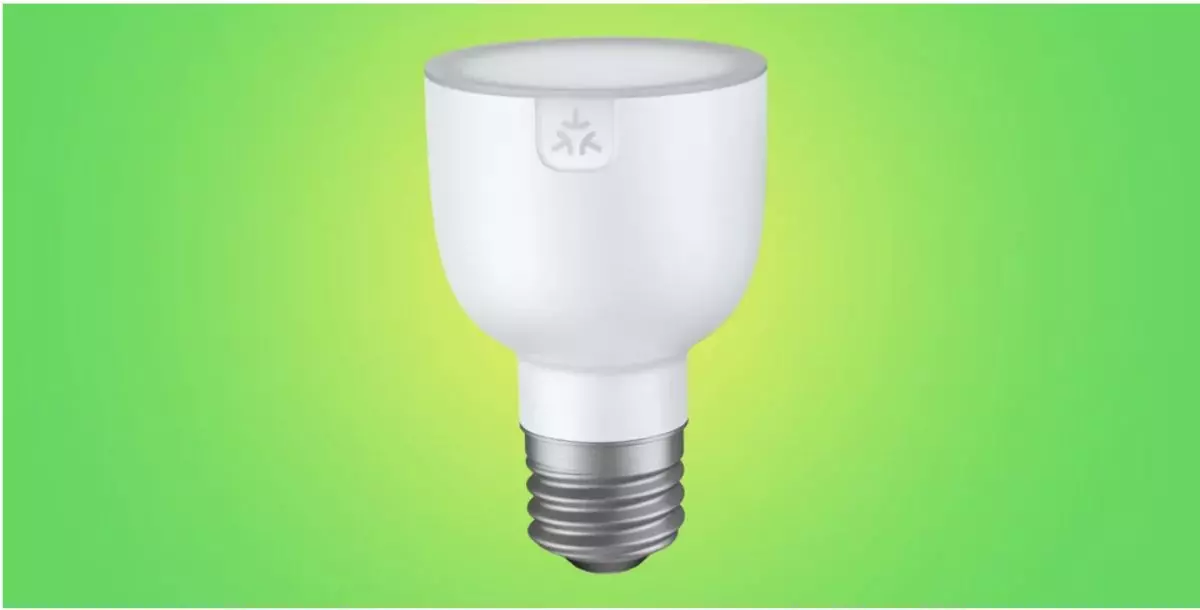Project Connected Home over IP (CHIP) — the smart home partnership between Apple, Amazon, Google, and over 170 other companies — has been redubbed “Matter,” according to CNET. Its logo logo shown on the accompanying graphic of smart lightbulb signifies smart-home tech that will work well with other devices.
Tobin Richardson, CEO of Matter, told CNET that he expects the logo to become as “ubiquitous” as the Wi-Fi logo currently is.
“As these different devices become more complex networks, it’s all the more important that they’re all talking the same language,” he said. “That mark will be a helping hand to make sure that you can add whatever lightbulbs, whatever door locks, whatever you want to add.”
The Matter partnership should finally start showing some results later this year, according to The Verge. According to a webinar hosted by the alliance in April, companies participating in the program will be able to get smart home devices certified for the standard by late 2021. The Verge says this means we might see some things on shelves for the holiday shopping season. That first wave of devices should lighting, blinds, HVAC controls, TVs, door locks, garage door openers, security systems, and Wi-Fi routers.
CHIP was announced in December 2019 with plans to develop and promote the adoption of a new, royalty-free connectivity standard to increase compatibility among smart home products, with security as a fundamental design tenet. Zigbee Alliance board member companies such as IKEA, Legrand, NXP Semiconductors, Resideo, Samsung SmartThings, Schneider Electric, Signify (formerly Philips Lighting), Silicon Labs, Somfy, and Wulian also joined the working group and are contributing to the project.
The goal of the CHIP project is to simplify development for manufacturers and increase compatibility for consumers. The project is built around a shared belief that smart home devices should be secure, reliable, and seamless to use. By building upon Internet Protocol (IP), the project aims to enable communication across smart home devices, mobile apps, and cloud services and to define a specific set of IP-based networking technologies for device certification.
The industry working group will take an open-source approach for the development and implementation of a new, unified connectivity protocol. The project intends to use contributions from market-tested smart home technologies from Apple, Amazon, Google, Zigbee Alliance, and others. The decision to leverage these technologies is expected to accelerate the development of the protocol, and deliver benefits to manufacturers and consumers faster, according to the alliance.
Article provided with permission from AppleWorld.Today


